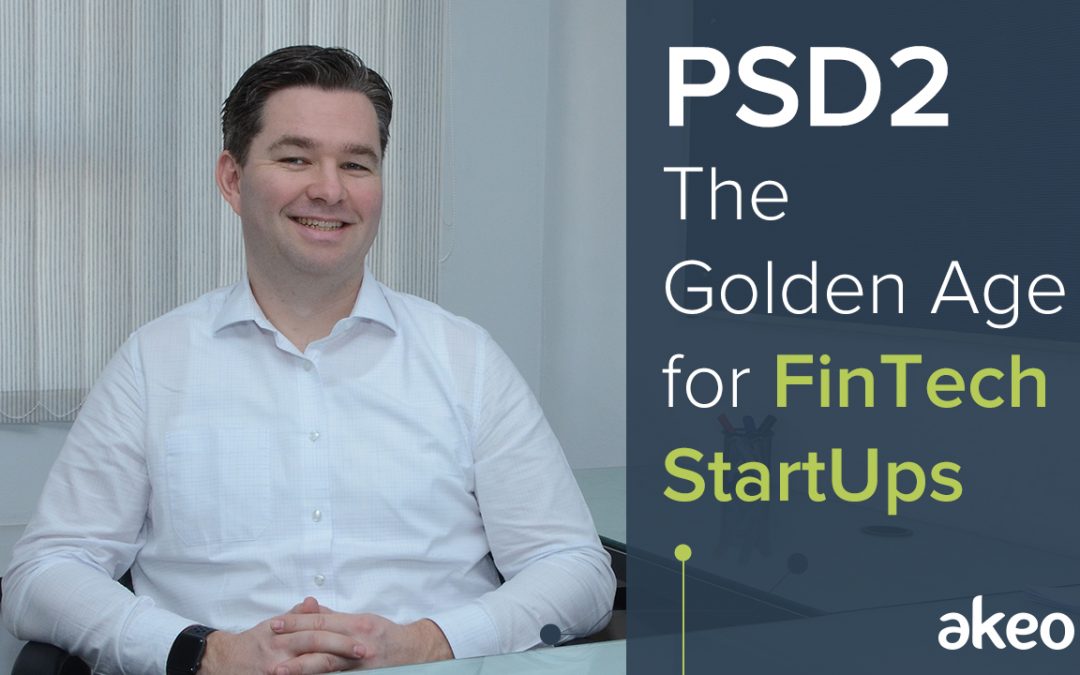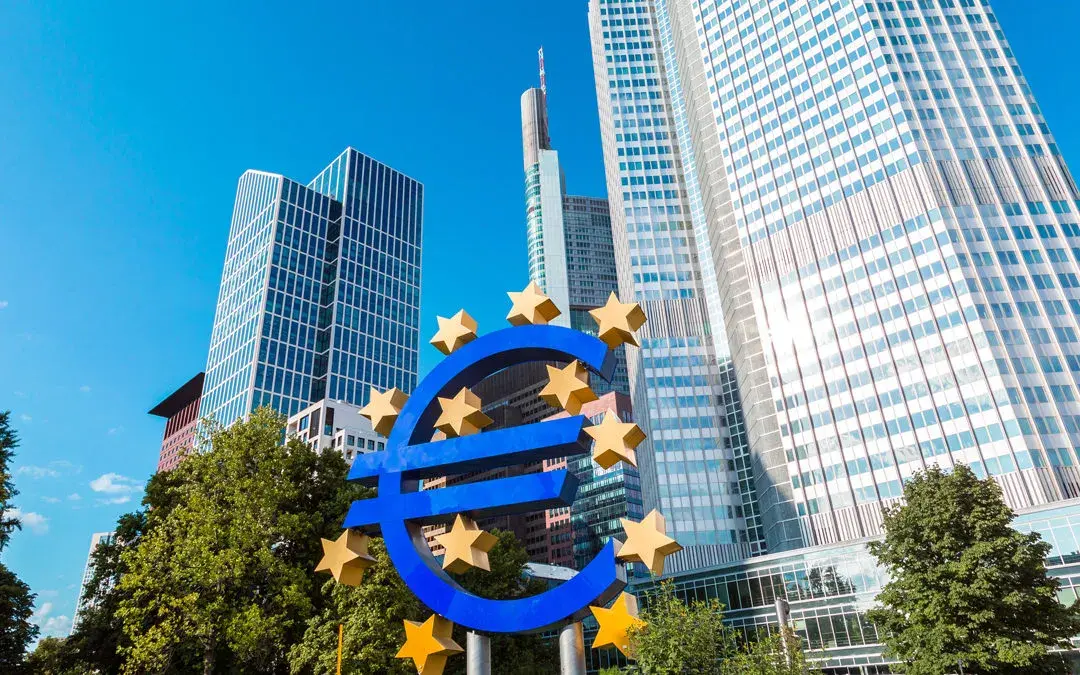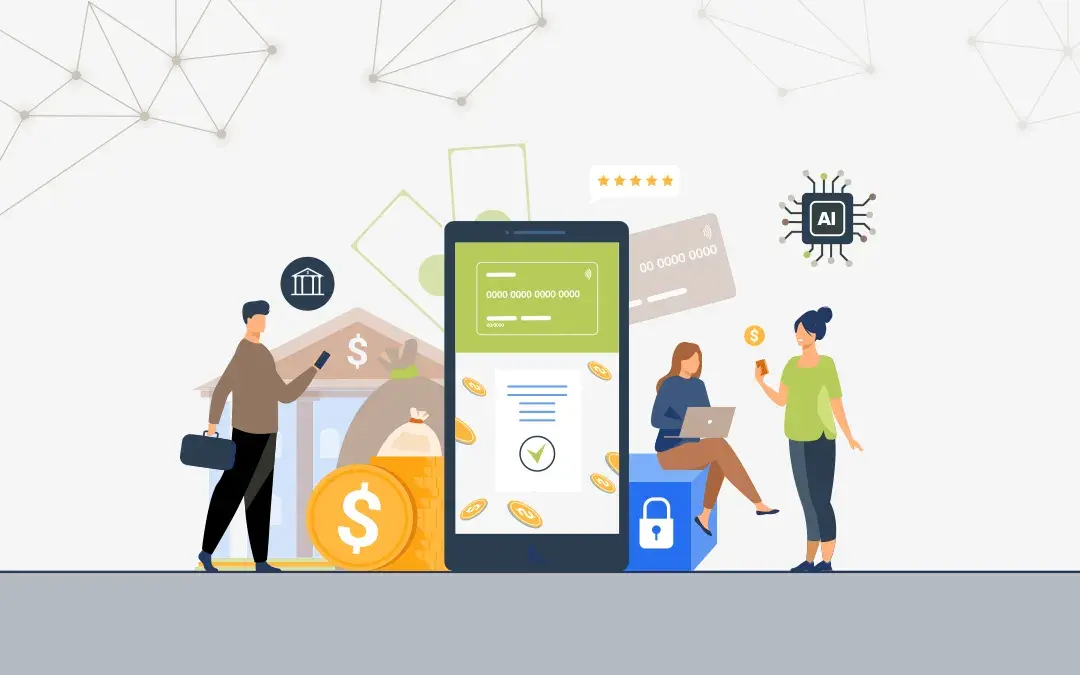What is PSD2?
The monopoly of banks
The EU directive PSD2(Payment Service Directive 2) are made so that payments and security of consumers can be taken to the next level. To allow for this to happen the PSD2 makes it easier for small startups and others that want to create applications to connect to the existing infrastructure of banks. The banking integration will be done by using APIs’, a way of making machines talk to each other through a standard interface.
Bill Gates once said, “banking is necessary, banks are not”, this was back in the early ’90s. Still years later, banks hold a monopoly on many of the services, we as a customer use every day. Now when EU is paving way for the Fintech to build services on top of Banking, it will mean a lot for startups. FinTech enterprises will be allowed to build new exciting services by connecting to the existing infrastructure in a standard and secure way. Does that mean that the banks’ monopoly is over?
I think not, I think banks will be there also in the near future, but I do think that they will have to adjust their business model. I also think that the banks that are forward thinking might be creating new revenue streams.
But what about Payment Service Providers like PayPal?
One part of PSD2 are called PISP (Payment Initiation Service Provider), these providers will be allowed to initiate payment directly from the consumers’ banks account. Of course with the consent from the customer or the bank account owner. There are hundreds of PSPs out in the world today and they have been doing good for years now living in the middle earning a small fee for every transaction done. With PISP, how can they survive?
I hope that they will get their PISP license and make it easier for others to integrate against banks the self without being too greedy in the process.
One thing I know is that the PSPs will hold on to their business model, many of them probably all too long and
refuse to adjust. They should also see the opportunities that come with changes like PSD2, a huge change like this can either be seen as a problem or a possibility.
What about the really big ones?
Companies like Apple, Amazon, Google, Facebook and other big tech companies will become PISPs and then quite fast stop using the service of other PSPs, this makes sense in so many ways. Just think about you doing some shopping on Amazom.com and when you are going to pay you just log directly into your bank and authorize Amazon to subtract money directly from your bank account. This will make it cheaper for the merchant and easier for the consumer.
Company delivering Credit checks
When someone does a credit check on you they will base the outcome on very old data. Both the income and any payment problems you might have had are old and outdated. A part of the PSD2 directive makes it possible for third-party companies to connect to the bank account of customers and read all their transactions. This will create a huge business of companies creating business related to a modern way of doing credit checks. Let’s say you apply for a loan on another bank that your usual bank, this allow this bank to automatically connect to your account and analyze the movement, creating an updated credit score.
How will it work?
For the people that will make the services integrating against the banks, they will need to create applications that connect to the APIs of banks. The APIs are the one thing that concerns me the most. The reason for this is that the technical implementation that the banks need to do before they can open up their API’s for all the exciting possibilities in PSD2 are hard and I guess they will try to postpone this work as much as possible. But I do hope that the banks will choose to see the possibilities instead of the potential negative impact this might have on their business.
The only thing I do know for sure is that the concept of Open Banking and PSD2 will make it more fun than ever to work with tech and startups.




